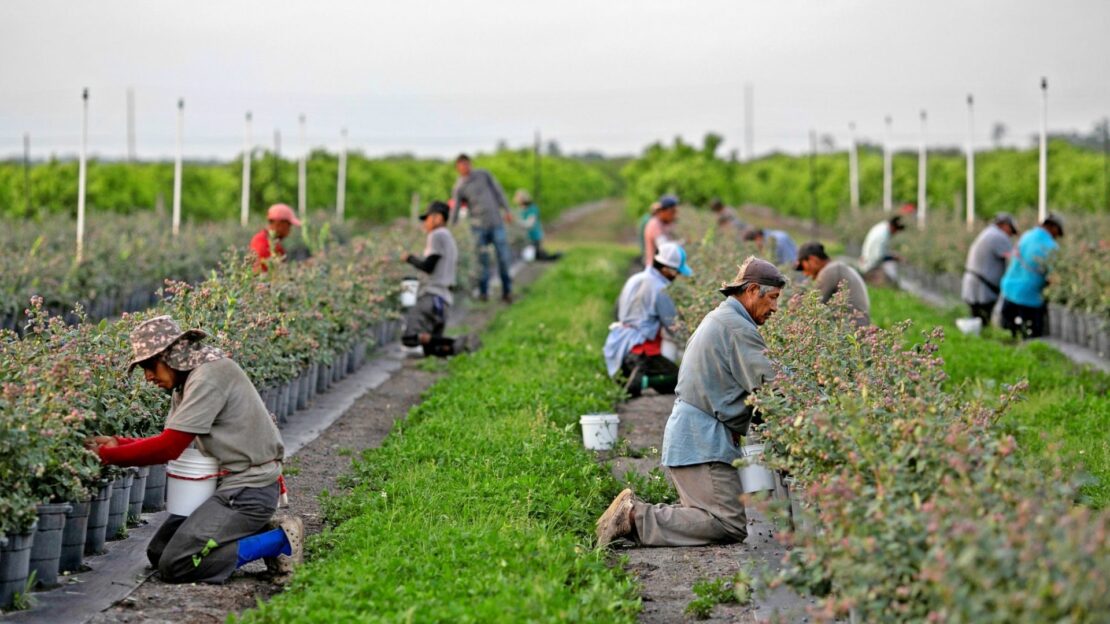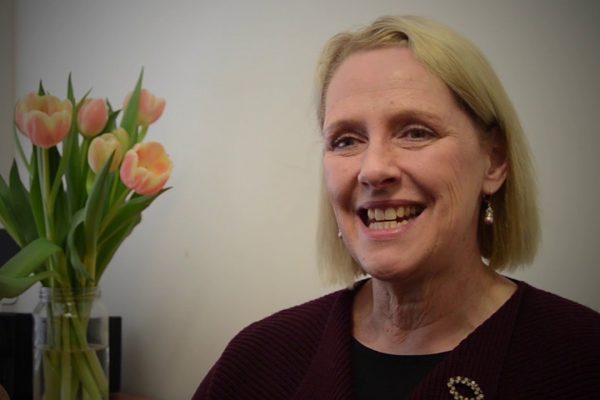Why are you jealous because I am generous?
In 2017 the Australian Catholic Bishops Conference Annual Social Justice Statement was titled Everyone’s Business: Developing an inclusive and sustainable economy. The statement draws upon the notion of the common good. That does not mean the greatest good for the greatest number of people. It means the good of all people. The common good is reached when we work together to improve the wellbeing of people in our society and the wider world. The rights of the individual to personal possessions and community resources must be balanced with the needs of the disadvantaged and dispossessed. The common good is a principle of Christian communities that guides decision making and priority setting.
The document is also based on the notion of the dignity of work. This means that we believe that work is important. It is not only a way to earn money but a way to participate in the world; in God’s creation; in human community. The dignity of work means the economy is made for the human person not the human person for the economy. Any instrumentalisation of the human person or work that degrades human dignity should be condemned. Catholic social teaching tells us “the right to productive work, to decent and fair wages, to the organisation and joining of unions, to private property and to economic initiative”.
Pope Francis in his address to the Global Foundation, Rome in 2017 said:
Before all else, I would restate my conviction that a world economic system that discards men, women and children because they are no longer considered useful or productive according to criteria drawn from the world of business or other organisations, is unacceptable, because it is inhumane. This lack of concern for persons is a sign of regression and dehumanisation in any political or economic system.
The ideas behind the Social Justice Statement are in harmony with so much of the United Nations’ Sustainable Development Goals, and the vision of inclusive growth and shared prosperity across the globe and reinforce the Church’s call for a society in which justice and equity are foundational to the economy, not afterthoughts.
Today we have a parable about workers standing around looking for work. Moreover, we have a parable about a landowner who keeps returning to the public space where he finds more people seeking employment and each time he offers them work in his vineyard. The crunch in the parable comes when the owner, beginning with the last to arrive, pays each the same amount. This seems to go against the natural human instinct that says that such an action is unfair. More work more pay is what we would think.
The parable, as always, is designed to shake us up, to take us out of our normal way of seeing things and of dealing with one another. This parable never ceases to create lively conversation and debate about the merits and the rights and wrongs of the landowner.
The issues, of course, are alive in our day as much as in the world of the gospel text. Debates continue over the extent and amount of payments such as jobseeker which is designed to specifically uphold the dignity of those who have lost work due to the coronavirus pandemic and the consequent lockdown of so many businesses.
The gospel of today and the principles of Catholic Social teaching should guide us as we move through what will be a period of recalibrating the economy, shifting markets and workplace practices. As may people have noted – life will not be the same again. As a Church, as a Christian people we should continue to advocate for the common good, the dignity of work, and the always priority of human persons to economic expediency.
Let’s pray today for all who have been affected by coronavirus, for those who have lost their jobs, for those who are standing in the market place and for those who can make decisions about livelihood and employment. Let’s pray that the spirit of the generosity of our God fill human hearts to ensure that no one is left behind in the name of growth and development.




Comments
JOAN MACK
Thanks Brendan for this most thought provoking and challenging Homily. One to keep and refer to from time to time as Justice to all is so important in so many areas of our planet and is of great need right now.
Lyn Kane
This parable has always been challenging. However, this time round, I see it as showing us God treating all equally and with respect. This is particularly relevant to those participating in RCIA. Enquirers/Catechumens may have come to faith later than others - but in God’s eyes we are all equal.
Add Comment